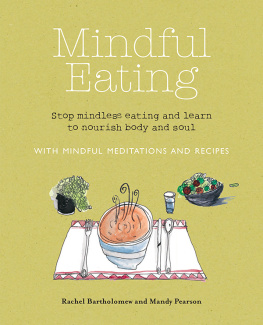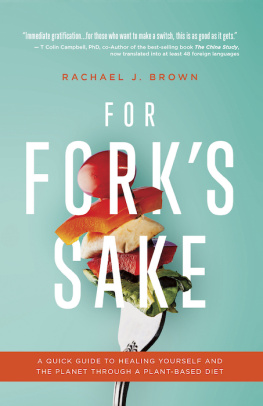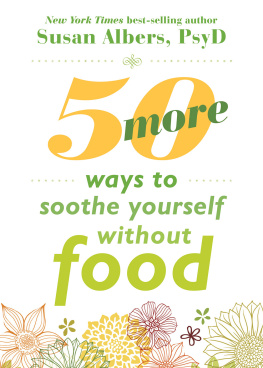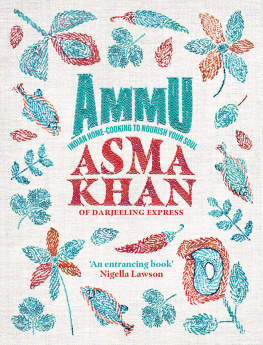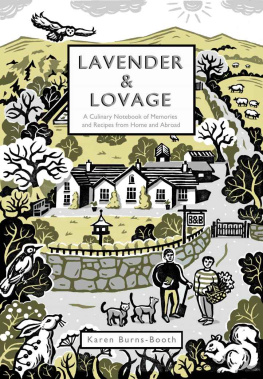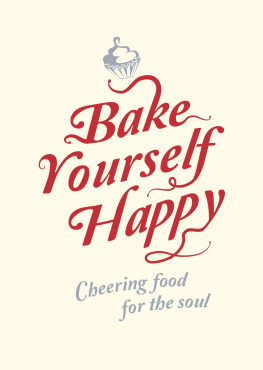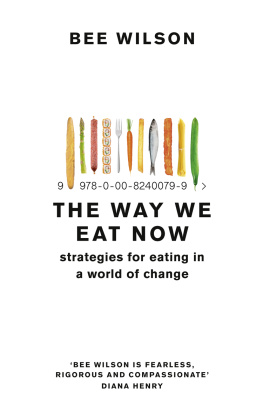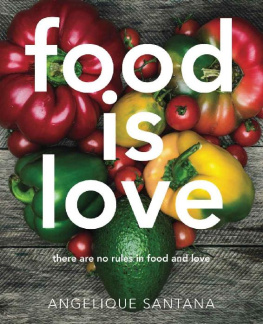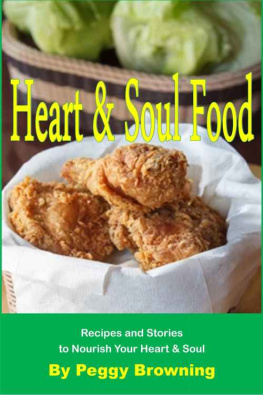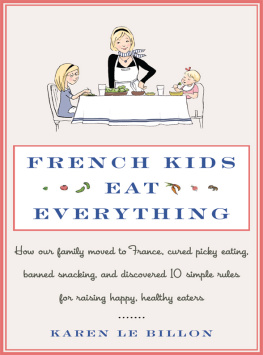T hank-you to my parents, who taught me to cook from scratch, to regularly welcome all sorts of people around our table, and to live out what I believe really matters, and to Clarence, who raised me with the balance of humour and grit needed for this work. Thank-you to everyone I have had the pleasure of sharing a home with since my UBC days, when I started on this journey, especially when dinner was already cooking as I got home from a long day. When you let me debrief the hard stories, I do not even mind if you label the choicest leftovers with delight or surprise so I will not eat them.
Thank-you to Jonathan for articulating that we can do something about haphazard food charity, and for all the doors you have opened for me these past seven years. Thank-you to all who encouraged me to finish this, especially Karen, Louise, and Lee, and to my parents and Robert for catching my grammatical sins.
Thank-you to all the volunteers who show up faithfully, week after week, to the community dinners across Vancouver, especially those who chop the onions, and those who stay until the last dish is put away and the compost is carried outside. I appreciate all the ways you feed me, and all the times you try my ideas (even when it means a little more work).
Preface
Y ears ago, while visiting friends in the United Kingdom, we had been lingering over brunch, joking about how I should write a quack diet book one day that would make fun of fad diets and people who fall for their marketing gimmicks. We mused about how I would have to publish it under a pen name, as I had taken an oath as a dietitian to promote only good nutritional science. This was years before gut bacteria were widely understood to provide so many benefits, and before probiotics was a common term, though centuries after many cultures around the world had figured out that, if they fermented certain foodskimchi, miso soup, kombucha, yogurt and sauerkrautthose who ate them felt better. We decided the book would naturally include some self-help advice, and thus would be named, Happy Colon, Happy Soul. The title sounds posher in a British accent, so the book would be released in England first.
More recently, a friend took a summer-long gourmet culinary course. For the first half of the course, students were instructed to follow recipes exactly. For the second half of the course, they were not allowed to look at recipesby then they were learning to cook by heart. While I remain interested in the fads, trends and systems that inspire how people eat, this is not a cookbook. It is an exploration of why and how we share food with others, particularly those who cannot adequately stock their own kitchens. These are thoughts about how to nourish our communities, and our souls, but in more of a spirit-of-the-law, rather than letter-of-the-law kind of way. Take it as a second-half-of-cooking-school recipe, without any quack science, and only occasional self-help references.
This is a work of nonfiction, though I have taken a few creative liberties with details in order to respect the privacy of my friends (and keep them as friends), when I do not remember the exact details, or, occasionally, just for a bit of poetic fun. Most of it is true, though, even the story about the attempt to eradicate all broccoli from planet earth.
Many of these stories do have the real names and places of the amazing individuals who have nourished me, and with whom I get to work as we figure out how to support our neighbors on the margins. We regularly witness the vulnerable places that hunger brings people to, literally and figuratively, and experience the things that erode or build up agency. It takes an extended community of practice to explore how we can best respond. I once heard a pastor refer to how his church did a feeding of people, which made me cringe for the distant tone he assumed. His sentiment did not synchronize with how I experience my work. I hope that by the time you put this book down, you will be inspired to invest in a different approach to human need.
Introduction
Translating into Food
You are not acting like Jesus.
H ow would you react if someone said this to you? You, readers, may know Jesus as Creator, Teacher, Counselor, cartoonish felt board character, baby that we carol about at Christmas, or just two syllables that slip out when you are frustrated. Regardless, we can probably all agree on this: being told that one is un-Jesus-like is not a compliment. Rather, it is a trigger for our bodies to tense up, preparing to defend ourselves.
Now imagine someone did not just say it. You! Are Not! Acting! Like Jesus! He yelled it so that everyone in the room with you could hear. And that someone was a drunk-beyond-all-rationality man bellowing at the community meal you were overseeing.
I had just told Rolly he would have to leave before dinner was ready. Tension in the church hall had been rising as he grew louder and more unpredictable. Other days I would have let him stay, knowing he would do better with a good meal in him. However, a fight had broken out the week before over perceived racial slurs and everyone was more on edge than usual.
Our regular cook had not shown up that night, opting for either a date with a beer bottle or a paid labor gig he had somehow talked his way into. After some scrambling, the rest of our volunteer cooks were getting a handle on the meal, though we would be serving at least twenty minutes late. We had planned to make breaded chicken and potato salad with cilantro from the garden boxes planted along the south side of the church that hosted the meal. At this program, we liked to make things from scratch, and tried to find ways to engage as many community members as possible. Our menu plan that night included toasting the donated sourdough bread, smashing it into crumbs, seasoning it, and using that to coat the chicken before baking it. An hour before the doors were to open, the chicken was still partially frozen, we had just started boiling the potatoes, and I was wondering why I had not bought chicken nuggets.
I had twisted my ankle a few days before this exchange, and every step was painful. Unfortunately, with my colleague out of town, I could not take the day off. I was well aware that there were several other guests in the room who were also under the influence of some mind-altering substance, but they were behaving as peacefully as the sober guests. I was also conscious of the need for fairness, and I did not want to ask Rolly to leave unnecessarily. Yet, my gut instinct was that there would be problems if he stayed, so I hobbled over to him.
Sometimes, being an introvert gives me an edge. I cannot instantly think of something intelligent to say in heated moments, especially when I am simultaneously reasoning with a drunk person, assessing how a large meal is coming along, trying not to shift weight onto my right foot, planning what to say to a community group that is visiting our program for the first time, and intensely conscious of what the other ninety-nine people in the room are thinking as they watch me. I pondered briefly on how un-Jesus-like I can be, and I had a wave of childlike angst, since I wanted to be seen as a good little Sunday school kid. I also had some vague thought about how I had not been taught to handle situations like this in grade school, Bible school, dietitians school, or leadership school.


